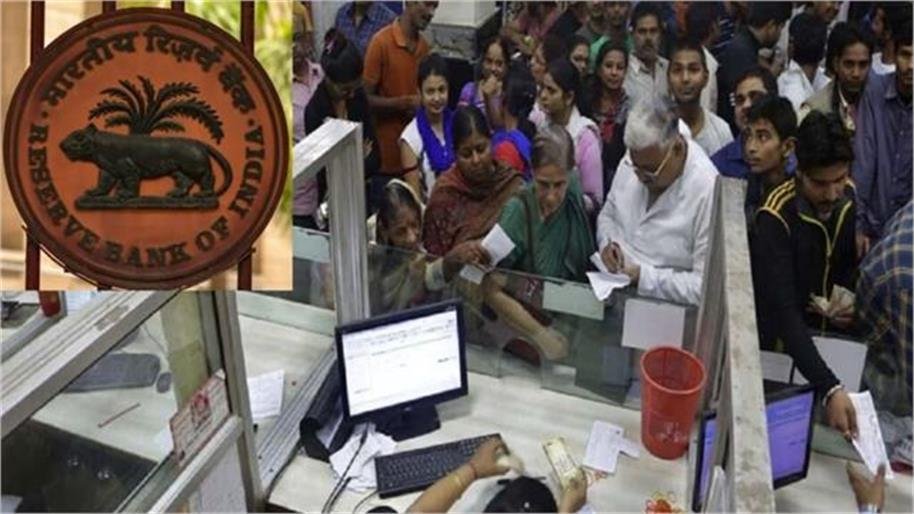The Reserve Bank of India (RBI) has imposed several stringent regulatory restrictions on The Baghat Urban Co-operative Bank, located in Solan, Himachal Pradesh. Under these directives, bank customers will now be allowed to withdraw a maximum of ₹10,000 from their accounts. This step was taken due to the bank’s weak financial position and serious irregularities revealed during inspections.
Restrictions on bank operations imposed, RBI prior approval required
The RBI has clarified that the bank will no longer be able to grant any new loans, advances, or incur any liability without its prior written approval. This includes accepting new deposits or borrowing. However, the bank has been given the flexibility to adjust customer deposits against their loans.
Inspection Reveals Concerns, Inadequate Improvement Efforts
The central bank stated that corrective measures were recently discussed with the bank’s board and senior management. However, the bank failed to take any concrete steps to address the inspection concerns, jeopardizing the interests of depositors. This prompted the RBI to issue these directives.
Depositors Will Benefit from Insurance Protection
The RBI has assured that eligible depositors will be entitled to receive insurance coverage up to a maximum of ₹5 lakh under the Deposit Insurance and Credit Guarantee Corporation (DICGC). This payment will be made according to the account and authority in which the deposit was deposited.
Banking License Not Revoked, Operations to Continue in a Limited Manner
The RBI has also clarified that these directives should not be construed as a cancellation of the bank’s license. The bank has been given an opportunity to improve its financial position and can continue its operations with certain restrictions.
The directives will remain in effect for six months and will be reviewed periodically.
These directives will take effect after the close of business on October 8, 2025, and will initially remain in effect for six months. The RBI has stated that it will continue to monitor the bank’s situation and will amend the directives or take further action as needed.
